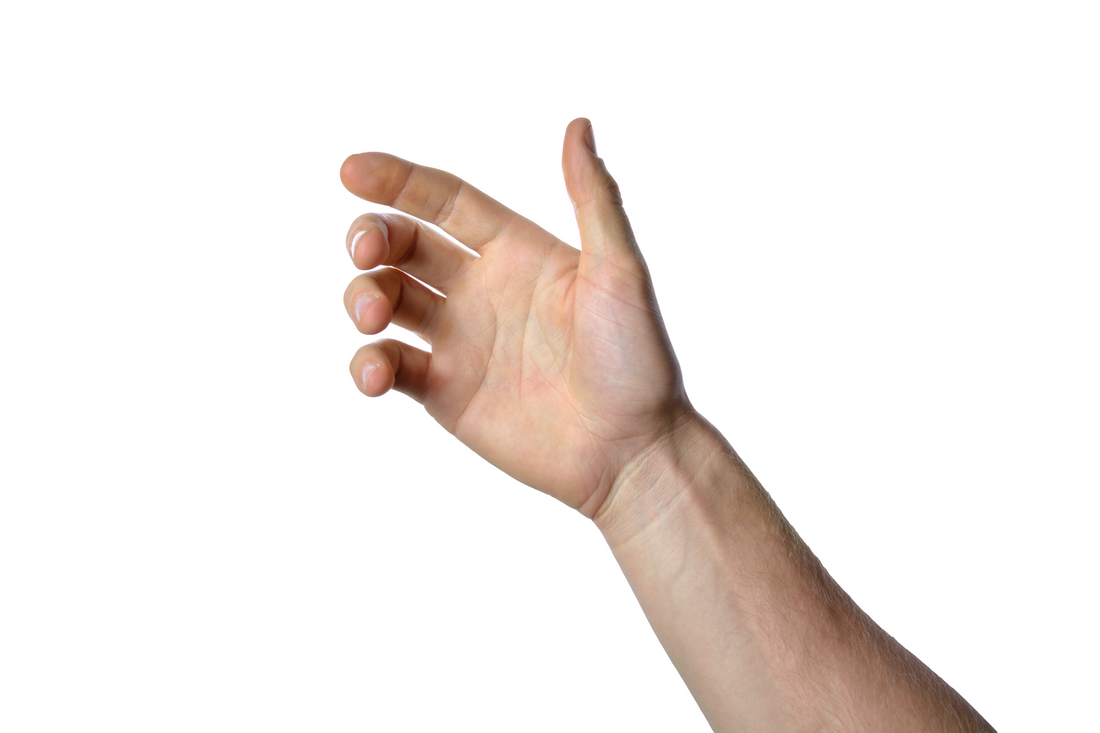Hypochlorous acid (HOCl) and electrochemically activated water (ECA )has become a noteworthy option for skin care due to its safety and harmless to skin. By exploring its composition and functional mechanisms, we can understand its suitability for skin applications. This article discusses the makeup of hypochlorous acid solutions, their operating principles, and the scientific validation of their safety and benefits in skin care.
Composition of Hypochlorous Acid Solutions
Hypochlorous acid and electrochemically activated water solutions generally include:
- Water (H2O): Serving as the main solvent.
- Hypochlorous Acid (HOCl): The crucial active ingredient, formed by dissolving chlorine in water.
- Sodium Chloride (NaCl): Also known as salt, which appears as a byproduct during HOCl creation.
- Stabilizing Agents: Sometimes added to prolong stability and shelf life.
These components work synergistically to create a solution that emulates the natural antimicrobial defense systems of the human body.
Mechanisms of Action
The efficacy of hypochlorous acid in skin care is attributed to several mechanisms:
- Antimicrobial Action: HOCl disrupts the cell walls of various pathogens, including bacteria, viruses, and fungi, without damaging human cells.
- Anti-Inflammatory Benefits: HOCl helps reduce inflammation by neutralizing reactive oxygen species (ROS) and inhibiting pro-inflammatory cytokines, thus soothing irritated skin.
- Wound Healing Support: By managing the inflammatory response and preventing infections, HOCl aids in the skin’s natural healing process, supporting new tissue formation and minimizing scarring.
Scientific Evidence for Safety
Multiple studies underscore the safety of hypochlorous acid and electrochemically activated water for skin application:
- Non-Irritating: Research confirms that HOCl is gentle on the skin and eyes, making it suitable for those with sensitive skin. A study in the Journal of Wound Care highlights its safety and non-toxic nature in wound management.
- Non-Allergenic: HOCl has been shown to not trigger allergic reactions, with studies in the Journal of Cosmetic Dermatology reporting minimal side effects and high user tolerance.
- Environmentally Safe: HOCl decomposes into water and salt, leaving no harmful residues, which enhances its environmental friendliness and suitability for personal care products.
Practical Applications in Skin Care
Hypochlorous acid and electrochemically activated water solutions are versatile in skin care:
- Acne Management: The antibacterial properties of HOCl help reduce acne by lowering bacterial presence on the skin without causing dryness or irritation.
- Reducing Irritation and Redness: The anti-inflammatory properties of HOCl make it effective for calming irritated skin and reducing redness and swelling, beneficial for conditions like rosacea.
- Daily Cleansing: HOCl acts as a gentle cleanser that removes impurities while preserving the skin’s natural moisture, making it ideal for daily use, particularly for sensitive skin.
Hypochlorous acid and electrochemically activated water solutions are a safe and effective choice for various skin care needs. Their unique composition and functional mechanisms make them suitable for treating acne, soothing irritation, and promoting wound healing. Supported by scientific research, hypochlorous acid is a gentle yet powerful solution for maintaining healthy, resilient skin.
For those considering an addition to their skin care regimen, hypochlorous acid solutions offer a well-supported, research-backed option. Consulting with a dermatologist can ensure it meets specific skin care needs, but the evidence points to its widespread benefits and safety.
References
- Journal of Wound Care: Research on HOCl in wound management.
- Journal of Cosmetic Dermatology: Study on HOCl in acne treatment.
- Dermatology Online Journal: Review of HOCl's anti-inflammatory and antimicrobial properties.
- Additional studies and articles supporting the environmental safety and efficacy of HOCl in skin care applications.

